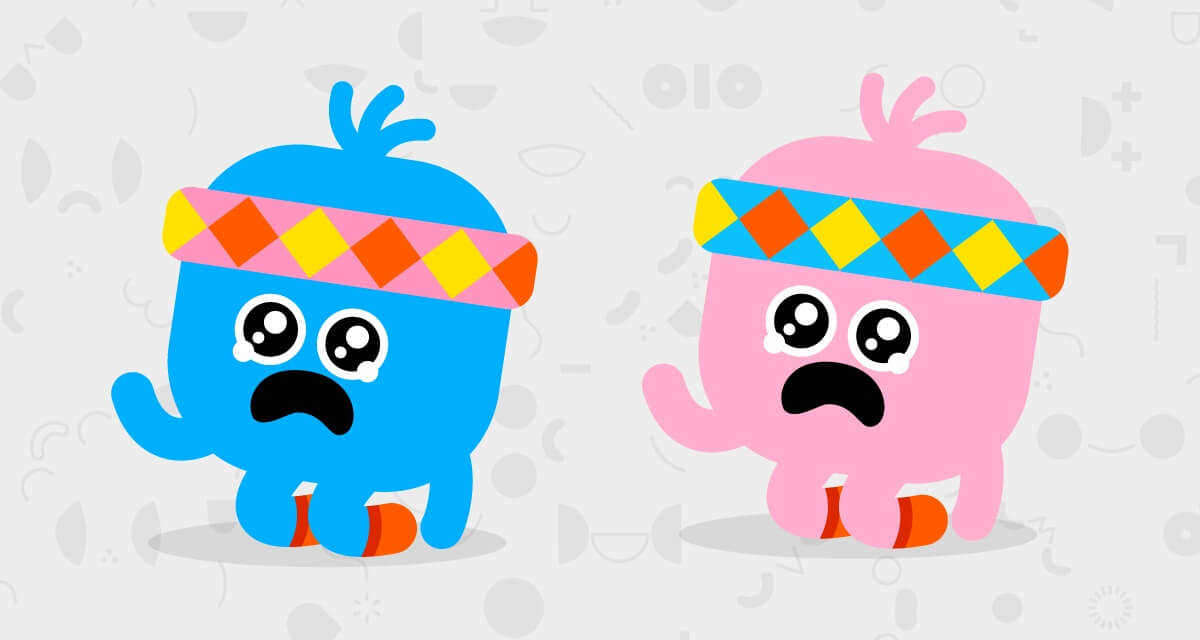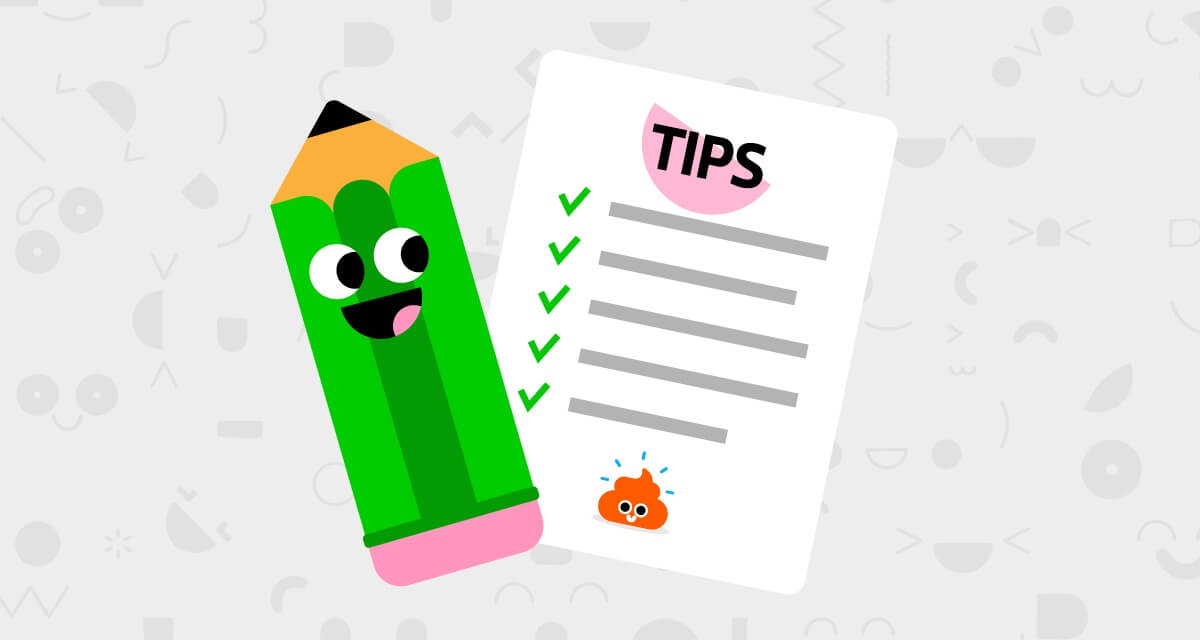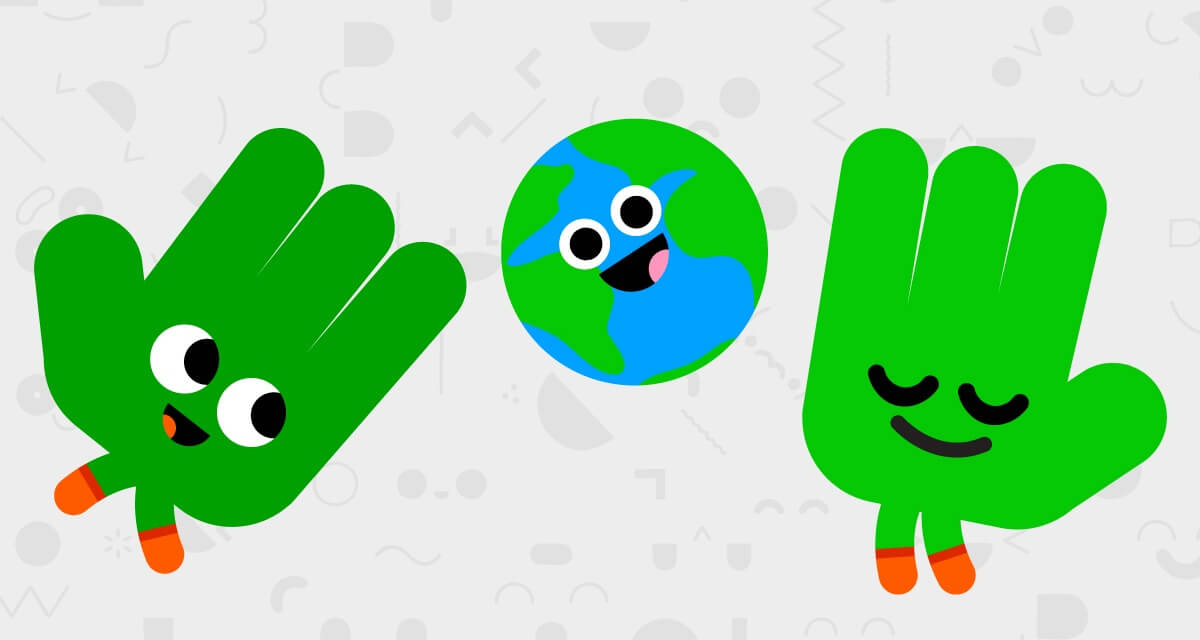Our curated list of kid-related news for March 11, 2016.
- By
- Parker Barry
- 1. Is “bride” a profession? Girls speak out against stereotypical emoji. Many emoji — such as those representing a swimmer or a police officer — currently only come in male version, and some girls want everyone to notice the oversight. The brand Always’ #LikeAGirl campaign asked girls to speak their mind on the issue, and they had a lot to say: “There’s no girls in the profession emojis — unless you count being a bride a profession,” one girl said in a video for the campaign. The good news is it looks like change is already in the works. According to an Upworthy article about the campaign, “late last month, a new, gender-diverse set of emojis were submitted to Unicode, the group that decides which ones end up on your phone.” (These girls are making the case for a more diverse set of emoji)
- 2. Florida senators rain on recess. Proposed legislation that would have mandated 20 minutes of daily free-play recess passed the Florida House with 122 “yes” votes and two “no” votes. But in the Senate, one senator blocked the bill from being heard at the committee level and other senators refused an override, according to a Washington Post column published this week. Despite a monumental grassroots effort by thousands of Florida parents and kids (as well as the American Academy of Pediatrics assertion that “recess is a crucial and necessary component of a child’s development”), many Florida children will likely once again have break-free days next school year. (Parents Sought Required Recess for Kids in Schools, Florida Senate Says No)
- 3. This dog is more than a kid’s best friend. When first-grader Luke Nuttall’s dog Jedi sensed trouble with his sleeping companion’s blood sugar, he alerted Luke’s mom Dorrie, who was also asleep. She awoke in time to help her son, who was diagnosed with Type 1 diabetes at age 2. Jedi, a trained service dog, goes everywhere with Luke, including school, and senses Luke’s blood sugar level. CBS News reported the story this week after Luke’s mom shared what happened on Facebook to raise awareness about the importance of service dogs for kids like Luke. (Dog saves the life of sleeping boy with Type 1 diabetes)
- 4. Teens on caffeine. Some teens are drinking far too many caffeinated beverages, according to a new study published in the Journal of Nutrition Education and Behavior. Reported on Tuesday in Medical News Today, the study surveyed teens (mostly in ninth and 10th grades) and found that “44.6% of respondents drank caffeinated beverages one to six times per week, 11.4% consumed a caffeinated beverage every day, and only 4.8% never consumed drinks containing caffeine.” Teens reported consuming caffeine to feel more alert for studying. Parents’ caffeine habits and social acceptance also seem to factor into whether teens drink caffeinated beverages. The article said other studies have shown that many adolescents are consuming 60 mg to 800 mg per day, while health professionals have established healthy caffeine limits at “a maximum of 100 mg a day for adolescents and none for younger children.” (Adolescents drink too much caffeine)
- 5. Girls crack the code of perfectionism. Learning to code can help girls overcome the socialized notion that they need to be perfect, according to Reshma Saujani, founder and CEO of Girls Who Code. In a TED Talk this week, Saujani said coding teaches girls perseverance through its very nature, because coding requires lots of trial and error. Founded in 2012, Girls Who Code is dedicated to “closing the gender gap in tech.” The group has already introduced 40,000 girls in all 50 states to coding, but it has a long way to go; Saujani said just 7,500 women graduated with computer science degrees last year. (“Teach Bravery Not Perfection”)




